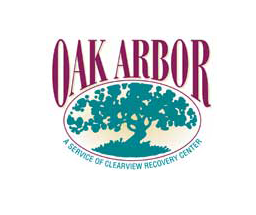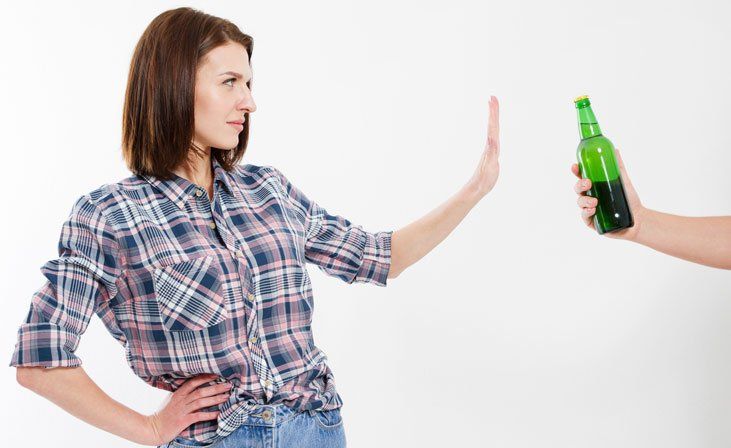Are You Enabling A Loved One?
- By Admin
- •
- 03 Sep, 2019
- •

Enabler is kind of a buzzword. In fact, the concept of enabling is quite complex and may involve the need to challenge your own behavior and school of thought. Often, people enable addicts out of love, but, of course, enabling is not helpful behavior.
What Does It Mean to Enable Somebody?
You enable somebody when your behaviors detract from his or her ability to experience the consequences of their own actions. An addict who never has to feel the consequences of addiction may not realize he or she really has a problem.
Some people believe they are protecting somebody when they are actually enabling them. For instance, you might pay your daughter's rent when she says she has spent all her money because you do not want her to become homeless.
Sometimes, downplaying the actions of a loved one also serve to enable them. For example, you might keep a secret about your loved one's addiction because you want to avoid causing problems with other family members.
Some people may blame another individual for an addict's actions. For example, you might blame your son's girlfriend for causing him or her to become an addict, failing to recognize the actions of each individual.
How Does Enabling Differ From Supporting?
A fine line exists between enabling and supporting somebody you love, and that line may be somewhat confusing.
When you support a loved one, you allow him or her to feel the consequences of their actions and then make better decisions. You also encourage him or her to seek treatment and do not try to micro-manage or control his or her behavior. You support your loved one in their pursuit of treatment for addiction.
For example, some people may think that they are supporting a loved one by giving them money to cover rent after they spent their money on substances. This is an example of enabling, rather than supporting.
Can You Stop Enabling Behaviors?
Enabling can become a habit of its own, and, for some people, the enabling behaviors may feel like an addiction as well. You may realize you need to end your enabling behaviors because it causes you to sacrifice your own mental health, physical health, and financial well-being.
The first thing you can do to change your behavior is to learn more about your loved one's addiction. Many misconceptions exist about addiction, and you can learn more about the issue by reading books and performing research.
Next, you might consider therapy. Addiction is a family disease, which means that different family members may play a role in the addiction and its implications for mental health. You can develop your own strength through mental health services and therapy.
Contrary to what many people believe, support is crucial for everybody involved. Peer groups like Al-Anon and Codependents Anonymous can provide excellent resources for individuals who need to learn to drop the role of enablers.
Part of your own recovery may also involve the establishment of boundaries. You should refuse to bail out a loved one from jail, for example. You might choose to limit or withhold money for an individual who typically spends money on substances.
Finally, your own treatment plan might involve seeking treatment for a loved one. Some people stage an intervention, and, in some cases, the addict is the one who decides he or she wants help.
We at Oak Arbor offer treatment options for your loved one who suffers from addiction. We are licensed and insured, and we focus on the individual's needs with several levels of care. Call our office today to discuss treatment options, therapy, and other services for individuals who deal with addiction in the family.





